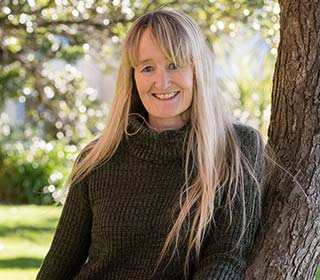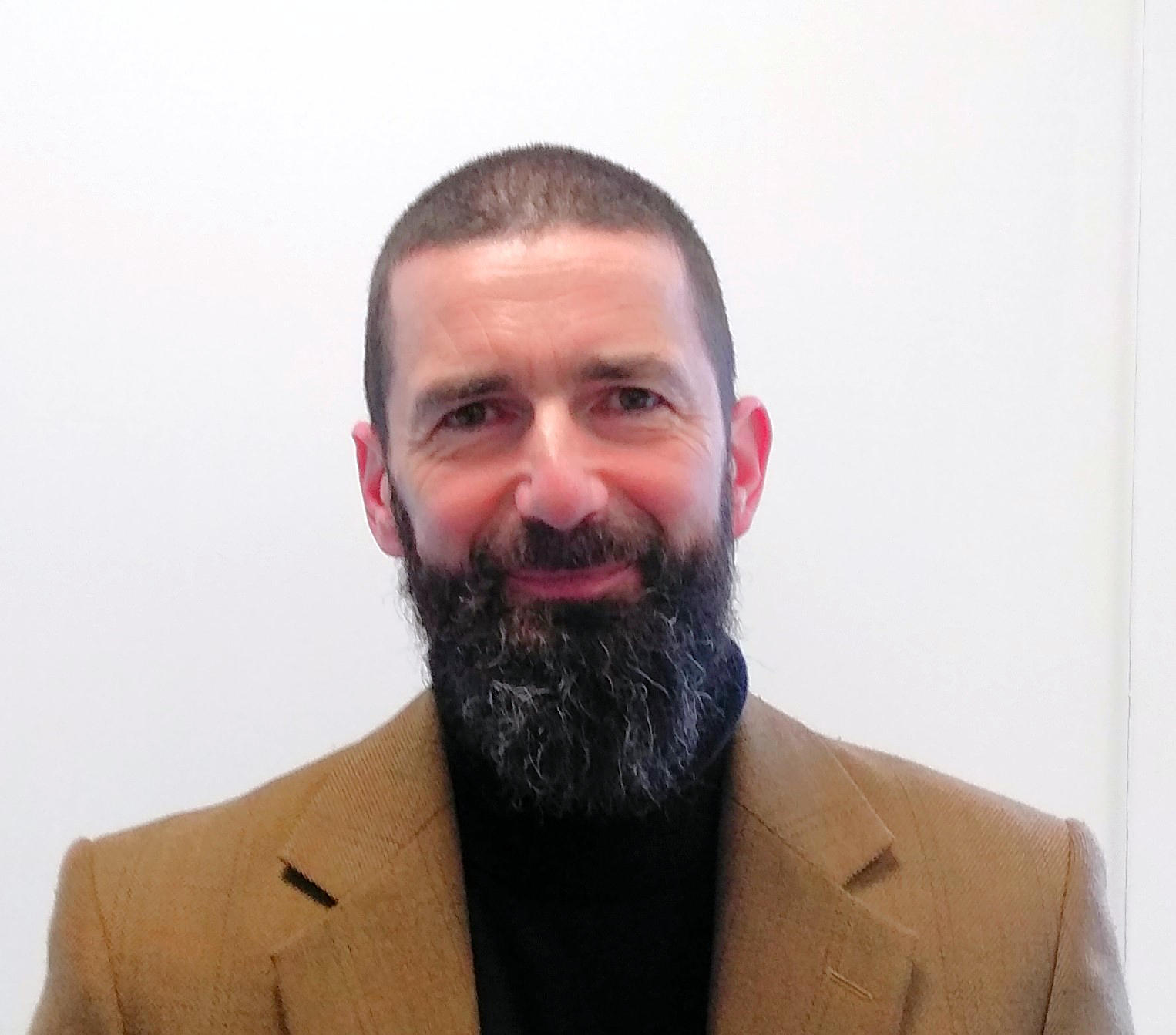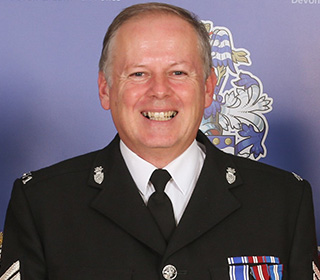
BA (Hons) Criminology with Psychology
What motivates people to behave as they do? Why do people commit crime? BA (Hons) Criminology with Psychology explores how the mind works and how that relates to crime and society and prepares you for a wide range of careers within the criminal justice system.


Explore the criminal mind and the causes and consequences of crime
Entry requirements
Three A-levels at grades CCC - BBC
Or BTEC triple grades MMM - DMM
We accept Access to HE Diplomas with credits in line with the UCAS tariff point range
T Level - Pass (C and above) - M
GCSE English Language Grade C or 4 or an acceptable equivalent qualification and either GCSE Mathematics or a Science Grade C or 4
We will accept 2 AS levels in lieu of one A level but must be accompanied by 2 A Levels or BTECs (General Studies is excluded).
UCAS points 96 - 112
UCAS code CRPS
UCAS institution code P63
Duration Three years full-time or up to six years part-time
Any questions?
Contact Charley, our Applicant Support Coordinator, if you have any questions. Email: applicantsupport@marjon.ac.uk and Charley will get back to you!
Course Summary
Our BSc (Hons) Criminology with Psychology degree explores the causes of crime, the criminal justice system, the legal framework and responses to crime. It combines the sociology of crime and causes and responses, with the study of Psychology. Teaching and learning gives equal weight to the two core subjects of Criminology and Psychology, developing a deep understanding of human behaviour and how this relates to the criminal justice system.
During the course you'll be introduced to psychology and criminology theories with a focus on the social psychology of crime. You’ll investigate the common traits of actors in the criminal justice system in a criminal justice setting, such as a court or a crime scene. You'll also have opportunities to develop research techniques and to complete your own piece of social psychological research and to do 50 hours of work placement in a criminal justice organisation. You'll also develop a sound understanding of the ethics of criminology and take an in-depth look at the psychology behind crime.
Why this course at Marjon?
Learn to apply criminological and psychological tools to any type of investigations, but with an emphasis on crime scene investigations
Study in dedicated psychology lab spaces and at simulated crime scenes in our 'crime scene house' with the support of specialist tutors
Small groups for teaching and learning allow you to have support to develop your individual projects
Learn how to apply psychology to develop effective forms of crime deterrent, rehabilitation and victim support
Visit real criminal justice environments
Get a broad perspective by studying crime in the context of local communities, as well as nationally and internationally
Modules for this course
Course Snapshot
“ Over the past 3 years, the course has been fun and energetic. The lecturers are nice and are always there to provide additional insight if needed. The course has loads of modules from criminology and psychology backgrounds, providing you with every opportunity to show off your skills. I was fortunate enough to have the chance to go on trips to Germany as well, which was always a fun experience with the group. As the student representative of CrimPsych, I have loved being able to work closely with my peers and help them as much as I can. I would say that the course has been affected by the pandemic, however, I believe that from next year the course will be back to where it should be for new students joining after the schedule change.”
1st Year
Crime and the criminal justice system
People: Social beings
Academic personal and professional development
Criminological theory
Health and wellbeing
Criminal law
2nd Year
Understanding punishment: prisons and penology
Our social selves
Research methods
Globalisation and crime
Understanding violence
Human cognition
3rd Year
Criminology honours project
Investigative psychology
Exploring contemporary perspectives in psychology
Cyber crime
Contemporary issues in crime and criminology
Community psychology
This course is perfect if you’re curious about
Who commits crime?
What drives an individual's offending behaviour?
What causes criminality and how does psychology explain it?
How can an understanding of psychology help us reduce criminal behaviour?
How best do we support victims and offenders to prevent crime?
How do we encourage resilience to loss and trauma?
What might you become?
BA (Hons) Criminology with Psychology prepares students for careers in offender management, civil service, youth services, community development and the police.
How you’ll be taught and assessed?
How will you be taught?
Includes lectures, seminars, experiential learning, guest speakers and field trips (domestic and international) to criminal justice agencies/sites such as prisons, police stations and other relevant organisations.
How will you be assessed?
Assessment methods are varied and in some modules allow students to choose their own topics so that can further explore their own areas of interest. Types of assessments include exams, case studies, formal reports, poster presentations, essays, blogs, journals and reports.
Fees and funding
Fees UK students: £9,790 per annum
This fee covers your tuition and access to course-specific equipment and facilities, as well associated services including access to the library, study skills support, IT support, student support and wellbeing services and membership of the Student Union. There may be additional costs by course.
Funding available for this course
Our Student Funding Advisors offer confidential and impartial advice about your funding options.
Learn moreLecturers

Dr Katheryn Edwards, CPsychol, AFBPsS, FHEA, is a Senior Lecturer in Psychology at Plymouth Marjon University, UK. Her research specialises in cognitive development, particularly theory of mind, and she has published in Cognition, Scientific Reports, and Cognitive Development. Katheryn completed her PhD at Victoria University of Wellington, New Zealand, where she developed innovative methodological approaches to understanding automatic belief-tracking. Katheryn teaches across a number of modules relating to cognitive psychology, developmental psychology, research methods and study skills. Katheryn serves on the BPS South West Committee and is an Academic Liaison Tutor for the University’s international collaboration with AIC Campus, Sri Lanka.

Damien holds a BPS accredited BSc in Psychology, an MSc in Social Research methods and Evaluation, and is a Fellow of the Higher Education Academy. His doctoral research sits at the intersection of environmental psychology and environmental ethics. Damien teaches across multiple psychology modules, including qualitative research methods and social psychology.

Currently serving as a police sergeant with over 26 years of experience. 9 years lecturing. Policing experience includes - response, neighbourhood, training and assessing officers, burglary squad, interview teams, custody, evidence review, and licensing in both urban and rural police areas. Recently used forensic science in developing effective crime prevention within policing. Recipient of the Plymouth Police Commander's Mayflower Memorial Award in 2019. Recently received national recognition for work around the developing evaluation and investigative working practices around drink spiking offences in the UK.

Rosanna specialises in the psychology of sporting performance, examining the critical perceptual cognitive factors that enable elite performance. Her research fields are cognitive psychology, performance psychology and quantitative methods.
Find out more about studying BA (Hons) Criminology with Psychology at Marjon

Discover Uni collects data about university courses in the UK. All universities publish Discover Uni data on their online course pages enabling you to compare similar courses at different universities.



